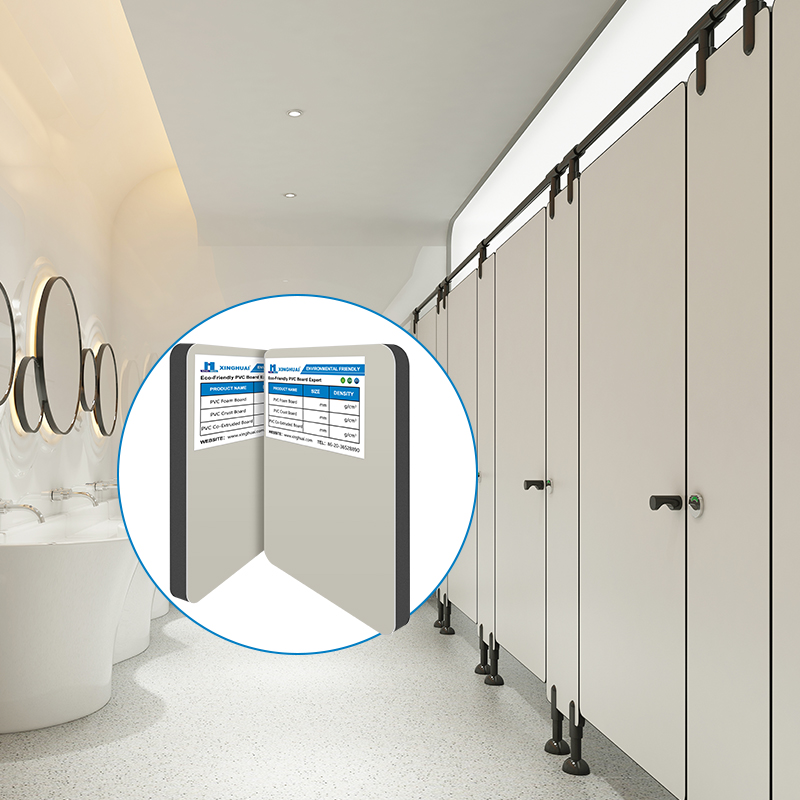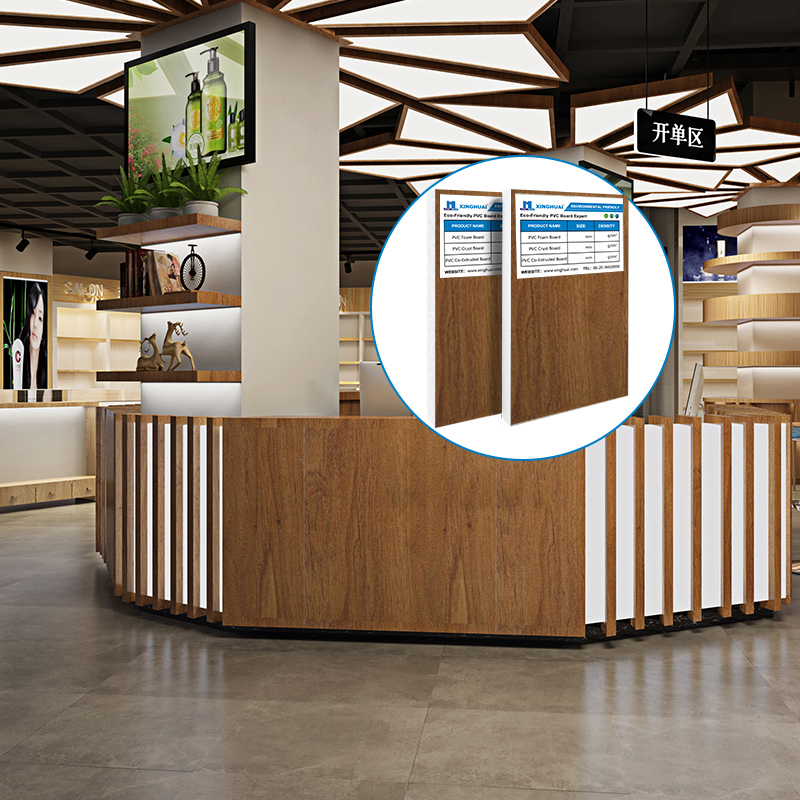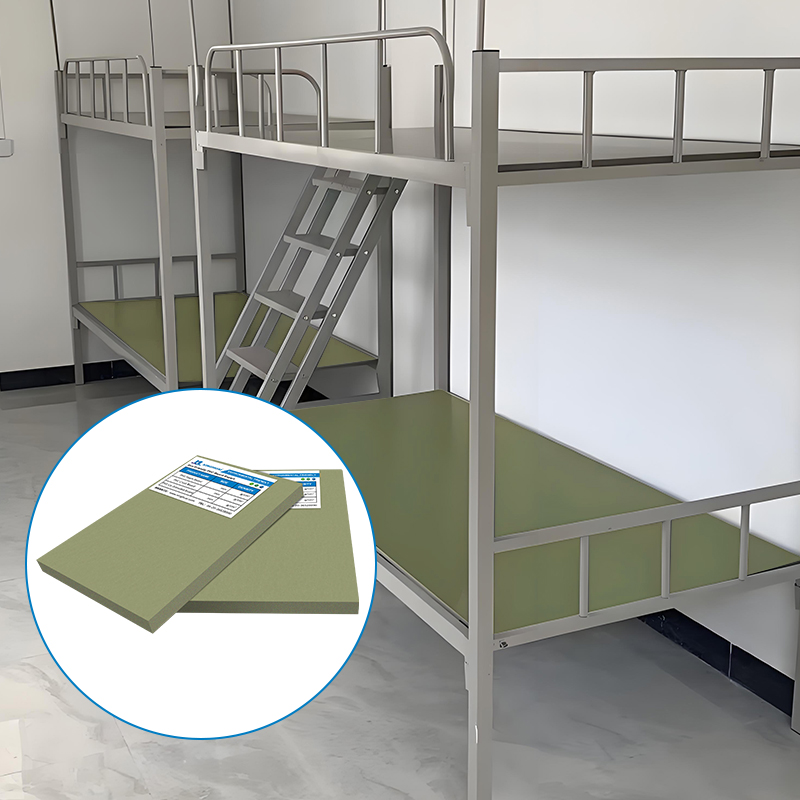How is the Heat-Insulation Performance of PVC Sheets? A Comprehensive Analysis
PVC sheets, particularly those with foam-based structures like pvc foam board 4x8, pvc foam sheet 4x8, foam board pvc, pvc coated foam board, and pvc board foam, are increasingly popular in construction and interior design due to their lightweight nature, affordability, and versatility. One of their key advantages is their heat-insulation performance, which makes them suitable for applications ranging from wall cladding to roofing and furniture. This article explores how these PVC foam materials contribute to thermal efficiency and their practical benefits.
Understanding PVC Foam Sheets and Their Heat-Insulation Properties
PVC foam sheets, including pvc foam board 4x8 and pvc foam sheet 4x8, are engineered with a closed-cell or open-cell foam structure that traps air pockets. Air is a poor conductor of heat, which enhances the material’s ability to resist temperature transfer. This property is critical in maintaining indoor comfort and reducing energy consumption for heating or cooling.
PVC Foam Board 4x8 and PVC Foam Sheet 4x8
The standard 4x8 size (4 feet by 8 feet) of pvc foam board 4x8 and pvc foam sheet 4x8 makes them ideal for large-scale projects like wall partitions, ceilings, and exterior siding. Their foam core acts as a thermal barrier, preventing heat from penetrating or escaping.
Foam Board PVC
Foam board pvc is a generic term for PVC sheets with a foam layer. The foam’s density and thickness directly impact its heat-insulation capabilities. Higher-density foam board pvc offers better insulation but may be heavier, while lower-density options are lighter and easier to handle.
PVC Coated Foam Board
Pvc coated foam board combines a foam core with a PVC exterior layer. The PVC coating not only enhances durability but also improves thermal resistance by sealing the foam and preventing moisture ingress, which could degrade insulation over time.
PVC Board Foam
Pvc board foam refers to PVC sheets with an integrated foam layer. The foam’s structure—whether closed-cell (more rigid and water-resistant) or open-cell (softer and more flexible)—affects its heat-insulation efficiency. Closed-cell pvc board foam is generally preferred for outdoor use due to its superior performance.
Factors Influencing Heat-Insulation Performance
Foam Density and Thickness
Thicker pvc foam board 4x8 or denser pvc board foam provides better insulation. For example, a 10mm-thick pvc foam sheet 4x8 may offer higher R-value (thermal resistance) than a 5mm variant.
Closed-Cell vs. Open-Cell Structure
Closed-cell foam board pvc traps air more effectively, making it a superior insulator compared to open-cell pvc coated foam board, which allows some air movement.
PVC Coating Quality
A high-quality pvc coated foam board with UV-resistant and weatherproof properties ensures long-term insulation performance by protecting the foam core from environmental damage.
Installation Technique
Proper installation of pvc board foam or pvc foam sheet 4x8 is crucial. Gaps or poor sealing can compromise insulation by allowing heat to bypass the material.
Comparing PVC Foam Sheets with Other Insulating Materials
Wood: While wood has natural insulating properties, pvc foam board 4x8 is lighter, moisture-resistant, and easier to install.
Fiberglass: Fiberglass insulation is effective but may require additional protective layers. Pvc coated foam board offers a one-step solution with built-in durability.
Polystyrene: Similar to PVC foam, polystyrene is a good insulator, but pvc board foam is often more resistant to impact and weathering.
Practical Applications of Heat-Insulating PVC Sheets
Wall Cladding
Pvc foam sheet 4x8 is commonly used for exterior wall cladding, reducing heat transfer and protecting buildings from extreme temperatures.
Roofing Insulation
Foam board pvc installed under roofing materials can significantly lower indoor temperatures in hot climates, reducing air conditioning costs.
Interior Partitions
Pvc coated foam board is ideal for interior partitions, providing both sound insulation and thermal efficiency.
Cold Storage and Refrigeration
High-density pvc board foam is used in cold storage units to maintain low temperatures efficiently.
Furniture and Cabinetry
Pvc foam board 4x8 is also used in furniture construction, where its insulation properties help protect sensitive electronics or maintain stable temperatures in storage cabinets.
Advantages of PVC Foam Sheets for Heat Insulation
Cost-Effective: Pvc foam sheet 4x8 is more affordable than many traditional insulation materials.
Lightweight: Foam board pvc is easy to transport and install, reducing labor costs.
Water-Resistant: Pvc coated foam board prevents moisture absorption, which could otherwise degrade insulation.
Durable: Pvc board foam resists rot, pests, and corrosion, ensuring long-term performance.
Limitations and Considerations
Fire Resistance: Some PVC foam sheets may have lower fire ratings compared to mineral wool or fiberglass. Ensure compliance with local building codes.
Environmental Impact: PVC production involves chlorine, which raises environmental concerns. Opt for recycled or eco-friendly pvc foam board 4x8 variants where possible.
UV Degradation: Uncoated pvc foam sheet 4x8 may degrade under prolonged UV exposure. Use pvc coated foam board for outdoor applications.
Conclusion
PVC foam sheets, including pvc foam board 4x8, pvc foam sheet 4x8, foam board pvc, pvc coated foam board, and pvc board foam, offer excellent heat-insulation performance due to their foam-core structure and PVC coating. Their lightweight, durable, and cost-effective nature makes them a preferred choice for residential, commercial, and industrial applications. By selecting the right density, thickness, and coating, users can maximize thermal efficiency while enjoying the practical benefits of PVC foam materials.




